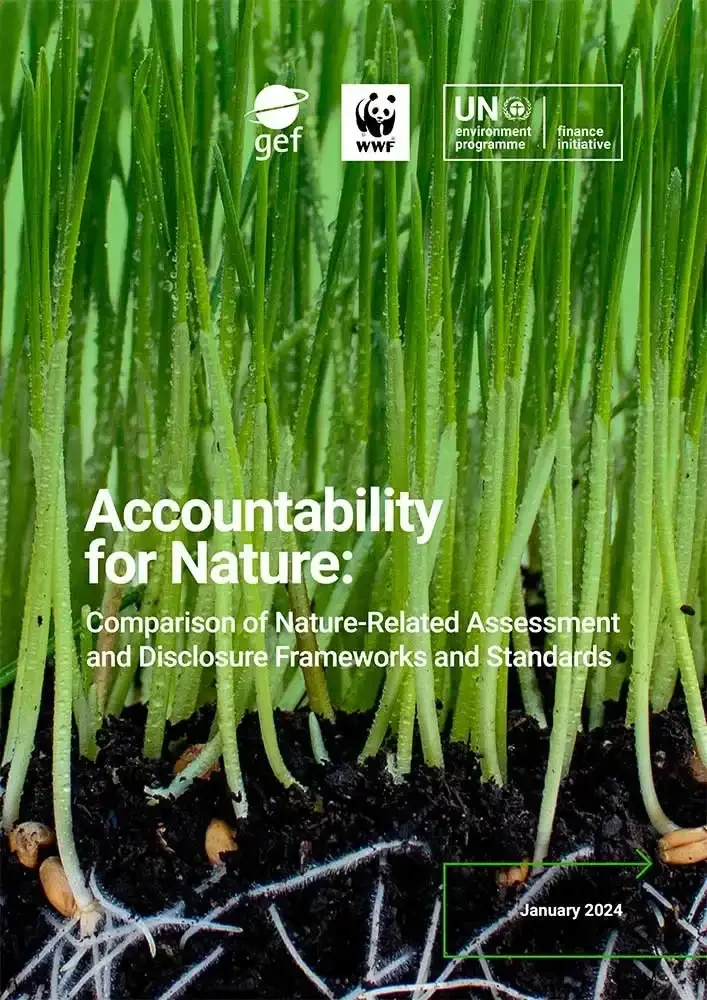
ESG Reporting
Nature Targets, Nature Related Financial Disclosures
Nature-Related Disclosures
Sometimes it is as simple as qualifying for a green loan.
Market access, eligibility for capital financing, and compliance with regulations is becoming increasingly dependent on ESG and/or TNFD reporting.
Regulators, investors, and market standards across global capital markets are increasingly requiring companies to adopt and strengthen climate and nature-related disclosures. Several have been in operation for the last decade and new directives have been implemented since 2020.
-
EU agreement on carbon removals and carbon farming (CRCF) regulation.
EU regulations on sustainable investment.
Corporate Sustainability Reporting Directive (CSRD).
Directive on Corporate Sustainability Due Diligence (CSDD).
Science-Based Target Initiative (SBTi).
Integrity Council for the Voluntary Carbon Markets (ICVCM).
International Carbon Reduction and Offsetting Accreditation (ICROA).
Corporate Sustainable Reporting Directive (EU).
Climate Disclosure Rules (US).
CDP disclosure system.
European Sustainability Reporting Standards (ESRS).
Global Reporting Initiative (GRI) Standards.
International Sustainability Standards Board (ISSB) Standards.
Natural Capital Protocol.
Taskforce on Nature-related Financial Disclosures (TNFD) framework.
Environmental Social and Governance Reporting (ESG)
Disclosing information about an organisation's operations and risks relating to environmental stewardship, social responsibility, and corporate governance.
Taskforce for Nature-Related Financial Disclosures (TNFD)
“TNFD disclosures will be voluntary, however, there is a high chance that their recommendations will be adopted by regulators in due course in a similar way to how the TNFD now informs mandatory climate regulations in a growing number of jurisdictions.”
PwC 202
Biodiversity Credits
Instead of building your own biodiversity project you can support projects by buying biodiversity credits for your ESG/TNFD reporting.
How organisations are using energy and managing their environmental impacts. Key activities: carbon emissions, climate change resilience, pollution, waste management, water management, renewable energy, resource depletion
Environmental
How organisations are supporting people, communities, and culture. Key activities: supply chain, discrimination, diversity, human rights, community relations
Social
How are organisations directed and controlled, and how its leaders are held accountable? Key activities: executive compensation, transparency, shareholder's rights, takeover defence, independent directors, board elections


